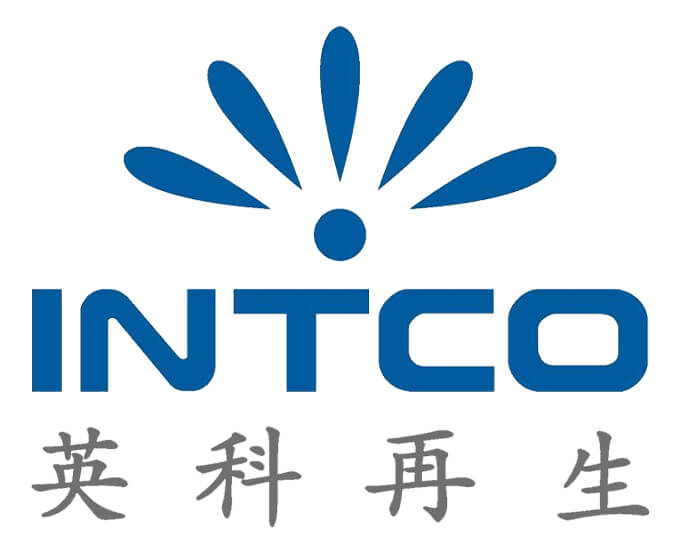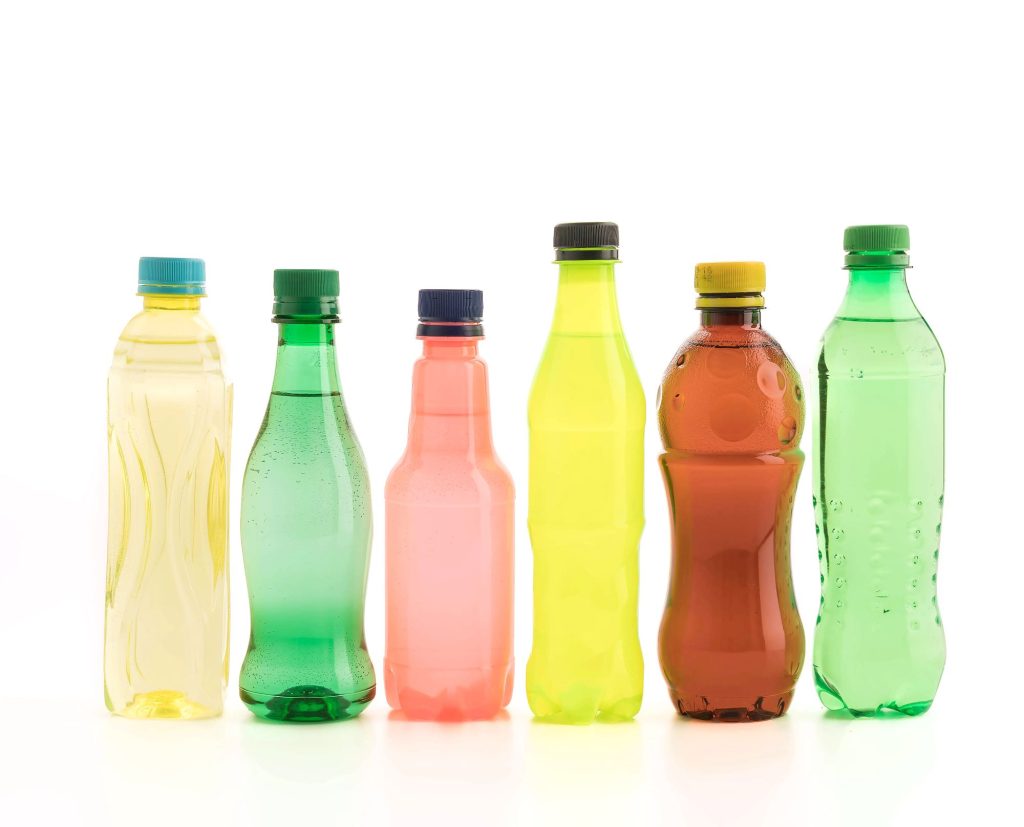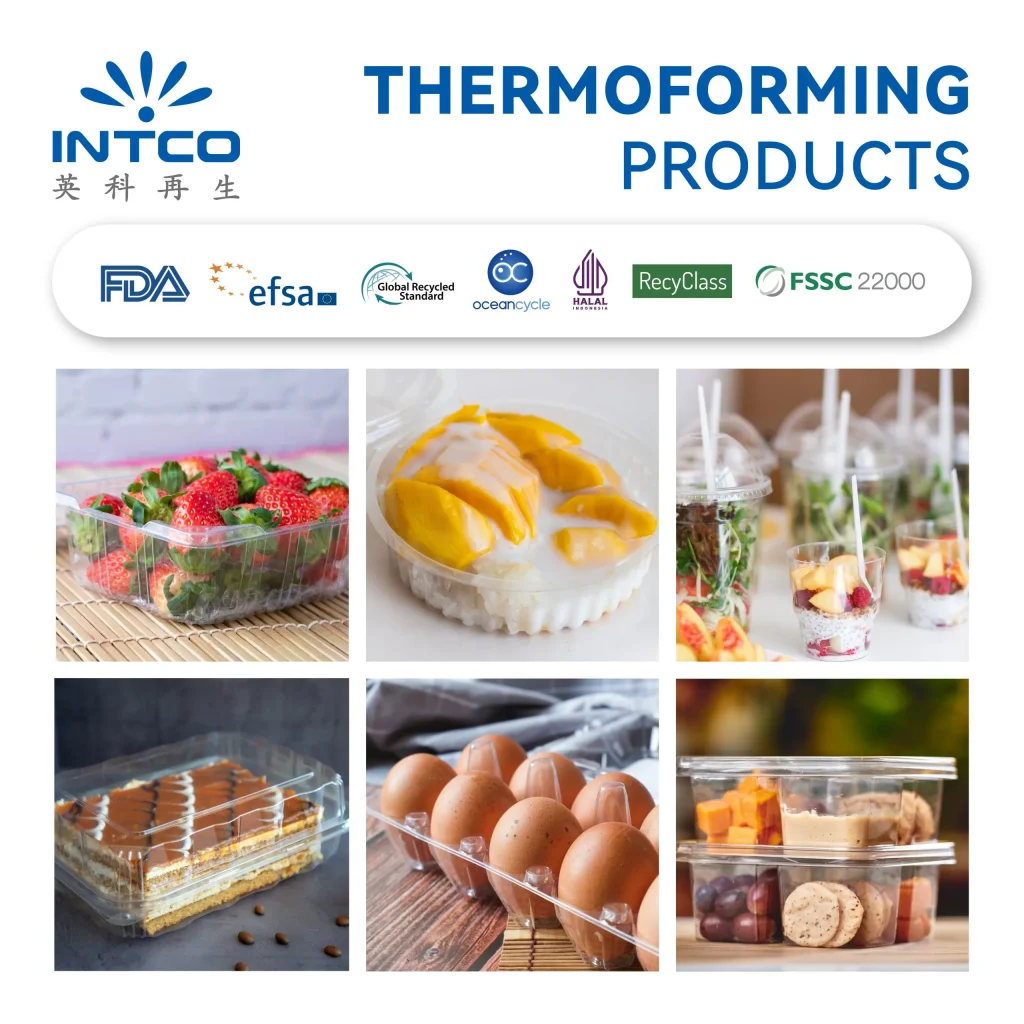Understanding Recycled Plastic Chips
Source and Collection Process of Plastic Chips
The process of recycled plastic chips starts with where they come from. This is essential for recycling to happen properly! Basically what happens is that post-consumer plastic waste is collected from places, like recycling programs and industrial leftovers or waste from production processes. Facilities that gather and sort these plastics are really important, in bringing all this and making sure we have quality materials to work with!
Types of Plastics Suitable for Recycling
Not all plastic materials can be transformed into chips that are appropriate for making pellets through recycling processes. Recycled plastics consist of polyethylene terephthalate (PET) density polyethylene (HDPE) and polypropylene (PP). Each variety of plastic has its unique properties that determine its suitability for recycling purposes. For instance, PET is commonly used in beverage bottles. Is widely accepted because of the high demand in the global market and the well-established recycling methods, in place. Recognizing these types of plastics enables better sorting and processing procedures to enhance the efficiency of recycled plastics.
Transforming Chips into Pellet Form
Cleaning and Preparation of Plastic Chips
The initial stage plays a role, in converting recycled plastic chips into top-notch pellets by involving cleansing and sorting of the gathered plastics.
Sorting and Washing Procedures
After collection, plastics undergo rigorous sorting to remove contaminants and non-recyclable materials. This may be facilitated through manual labor or sophisticated automated systems. Conventional washing processes help in eliminating labels, adhesives, and residues that could compromise the quality of the final product.
Dewatering and Drying Methods
Once sorted, the recycled plastic chips undergo dewatering and drying processes, which are essential to enhance the quality and efficiency of further processing. Dewatering removes excess moisture while drying ensures that the plastic chips are in optimal condition for extrusion, mitigating the risk of defects in the final pellets.
Extrusion and Pelletization Technology
An Overview of the Extrusion Process
The extrusion process involves melting the prepared plastic chips at high temperatures, which allows the material to flow effortlessly through an extruder. This process converts the solid plastic into a homogeneous melt that can be shaped into pellets. Extrusion technologies have evolved significantly, enhancing energy efficiency and output quality.
Pelletization Techniques and Machinery
Following extrusion, the hot material is cooled and cut into uniform pellets using advanced pelletization techniques. Machinery such as underwater pelletizers or strand pelletizers are employed, depending on the desired final pellet characteristics. The pelletization process ensures that the recycled plastics are ready for market, providing a versatile raw material for various applications.
Benefits of Using Recycled Plastic Pellets
Environmental Impact Reduction
Utilizing recycled plastic pellets significantly reduces environmental impact by minimizing reliance on virgin plastic production. The recycling process decreases the amount of plastic waste in landfills and mitigates pollution associated with plastic production. By converting recycled plastic chips into pellets, industries contribute to a circular economy, promoting sustainability and resource conservation.
Cost Efficiency in Manufacturing
In terms of manufacturing, using recycled plastic pellets often proves cost-effective. By tapping into a reliable supply chain for recycled materials, businesses can benefit from competitive pricing, making it economically viable to implement sustainability measures. Companies like Intco, with a global network of recycling and supply centers, are instrumental in ensuring a steady supply of economical, high-quality recycled plastic pellets. By doing so, manufacturers can reduce production costs while meeting sustainability goals.
Integrating recycled plastic pellets into manufacturing processes not only supports environmental stewardship but also creates additional business opportunities within the growing market for sustainable materials. As the demand for recycled products continues to rise, forward-thinking companies are embracing innovation to enhance their production capabilities, paving the way toward a more sustainable future.
In conclusion, the transformation of recycled plastic chips into sustainable plastic pellets encompasses an intricate process involving sourcing, cleaning, extrusion, and pelletization. Emphasizing environmental benefits and cost efficiency, this innovative approach not only supports manufacturers in reducing their carbon footprint but also drives the recycling industry toward greater sustainability.

Applications of Recycled Plastic Pellets by INTCO Industries
Utilization in Consumer Products
Recycled plastic pellets are increasingly utilized in consumer products, creating a plethora of sustainable options for consumers while tapping into the vast potential of recycled materials. INTCO Industries exemplifies this trend, producing a range of consumer goods such as containers, household items, and outdoor furniture from recycled plastics. By integrating recycled materials into the production process, INTCO not only supports environmental sustainability but also meets the growing consumer demand for eco-friendly products. This commitment to utilizing recycled pellets allows companies to create durable, high-quality products that resonate well with environmentally conscious consumers.
Industrial Applications
The industrial sector has recognized the value of recycled plastic pellets, implementing them in various applications such as construction and automotive components. INTCO provides these pellets to manufacturers in the construction industry, where they are utilized to produce products like insulation and piping systems, showcasing their robustness and reliability. In the automotive industry, these pellets are integral in the manufacturing of dashboard components and inner panels, contributing to the overall sustainability efforts of automotive manufacturers seeking to reduce their carbon footprint. Through innovative uses of recycled plastic pellets, companies can enhance performance while promoting responsible sourcing practices.

Innovations in Packaging Solutions
INTCO Industries is at the forefront of developing innovative packaging solutions using recycled plastic pellets. Traditional packaging methods often contribute significantly to environmental waste, but by utilizing recycled materials, INTCO is paving the way for a more sustainable approach to packaging. Utilizing these pellets, businesses can create packaging that is not only durable but also recyclable, ensuring that products remain environmentally friendly from production to disposal. This innovation addresses consumer concerns over single-use plastics and showcases the potential of recycled materials in creating responsible packaging solutions that align with current sustainability standards.
The Role of INTCO Plastics in Promoting Sustainability
Commitment to Environmental Stewardship
INTCO Plastics demonstrates a dedication to protecting the environment by emphasizing the sustainable use of recycled plastics in its manufacturing operations. The company places importance on repurposing plastic waste by transforming it into top-quality pellets that have various applications in different sectors. By emphasizing recycling and minimizing the use of resources INTCO sets itself apart as a frontrunner, in promoting eco-friendly practices. By embracing methods and promoting the use of recycled plastics in its operations INTCO not only enhances its business practices but also contributes to broader environmental objectives, in the industry.
Investing in Advanced Recycling Technologies
INTCO Plastics is dedicated to sustainability by investing in cutting-edge recycling technologies to improve the production of recycled plastic pellets efficiently and effectively convert more plastic waste into usable pellets of high quality that meet industry standards using advanced machinery and methods, for reliable raw material supply to manufacturers. Moreover prioritizing progress doesn’t just enhance productivity – it also plays a vital role in cutting down on waste and energy usage. showcasing INTCOs commitment, to eco friendly manufacturing methods.
Collaborations with Industry Stakeholders
INTEC understands the importance of working with industry partners to encourage the use of plastics and promote lasting environmental improvements. The company engages proactively with manufacturers and policymakers, as nonprofit groups to educate about the advantages of using recycled plastic pellets. Through these partnerships emerge recycling initiatives and strategies that improve the collection and reusing of waste. By nurturing these connections and bonds of trust, with others in the industry sector and beyond it INTC0 plays a role, in promoting a strategy to combat the challenges posed by plastic waste pollution. This approach fosters a spirit of teamwork and creativity that brings advantages to businesses and the natural world alike.
In summary, the uses of recycled plastic pellets are diverse and extensive covering a range of consumer goods, industrial applications, and creative packaging innovations. This underscores the role played by companies such, as INTC Industries in promoting eco practices. By prioritizing conservation adopting cutting-edge recycling methods and working closely with industry partners INTC demonstrates the significance of recycled plastic granules in reshaping the plastic sector and fostering an economy. This considerate strategy does not reduce waste. Also puts manufacturers in a good position to succeed in a market that becoming more centered, on sustainability and consequently helps in making the planet more eco-friendly.












